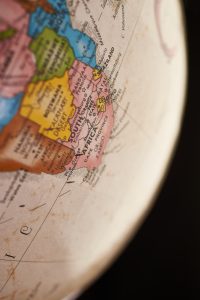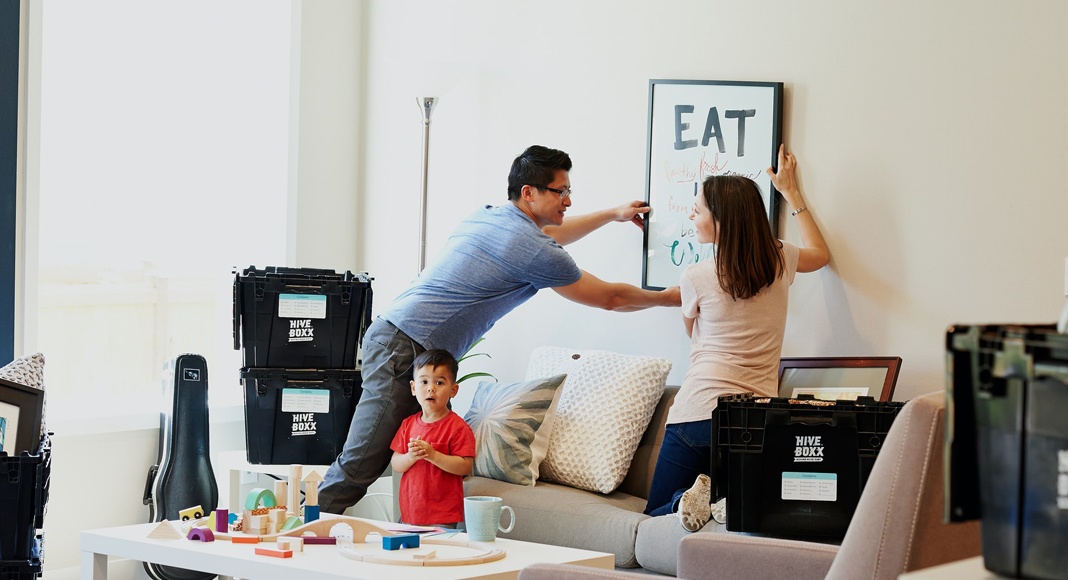 I’m a new girl. There are hundreds, probably thousands of us in Southeast Idaho. Families who relocated from another town, state or even country. In my case, it’s the latter: I was born and raised in South Africa. Although one of the 11 official languages in South Africa, English is not my mother tongue. I dream, think and speak Afrikaans at home. My country is known for, amongst others, its natural beauty, safaris, Nelson Mandela, and, unfortunately, Apartheid – segregation.
I’m a new girl. There are hundreds, probably thousands of us in Southeast Idaho. Families who relocated from another town, state or even country. In my case, it’s the latter: I was born and raised in South Africa. Although one of the 11 official languages in South Africa, English is not my mother tongue. I dream, think and speak Afrikaans at home. My country is known for, amongst others, its natural beauty, safaris, Nelson Mandela, and, unfortunately, Apartheid – segregation.
My husband and I (and our Rhodesian Ridgeback dog, Khela) relocated to the United States in February 2010 because he was offered a new career opportunity. Khela and I not so much but we tagged along. I was keen to go on a new adventure and to be free from the regular 9 – 5. The first month felt like a long vacation. We discovered new places, met new people, acquired a dog friend for Khela and settled into our rental property. Living the dream.
The reality of living in a new country only struck a little later.
We had to buy a car but we had to pay cash because we had no credit. Credit score? We didn’t even know what it was. In order to start building up a line of credit, we had to deposit our own funds into a credit card but we still did not have access to any credit. We had to apply for driver’s licenses and take a driver’s test. Easy enough. Alas, not so straightforward when you are used to driving on the opposite side of the road. Coming from a country that very rarely sees snow, driving on icy roads was a steep learning curve. We had to get used to a different health care system with medical insurance unlike where we are from.
I was not allowed to work, one of my visa requirements. After three months it felt as if I went on early retirement. From a 70-hour workweek in a legal environment to no responsibilities had an immense impact on me. I started volunteering. From teaching kids how to use computers in the classroom, to helping out at an equine training facility just outside of town – anything to keep me busy. People regularly commented on our accents and because we pronounce words differently it was sometimes hard to be understood even though we were speaking English. Anything from introducing myself to asking for a glass of water became an obstacle. I pined for my family, my country and familiar things. I was fortunate enough to meet local friends who share my passion for horses and also some international friends who had to get used to a new country as well. I went through phases of negativity and bouts of depression.
We eventually settled into a routine and life in a new country.
After a couple of years, we decided to buy property outside of town. Again we had to jump through many hoops since my husband was still here on a work visa. We had to get used to being homeowners in a country where houses are built from wood as opposed to brick in our native South Africa. Everything worked differently: home maintenance, home insurance, flood insurance. The list goes on. Things became easier when our application for a green card was granted. After five years, I could finally work again but we soon found out I was pregnant, and looking for a job at that point seemed futile.
Our son, Sean, was born in 2014 and our routine was promptly disrupted by the new family member – a welcome disruption! We were exposed to a different education system, a school year that starts in September instead of January, and a long summer vacation, to name but a few things. We still speak Afrikaans at home and so does Sean, or at least his version of it. He pronounces words differently than we do but we now laugh about it. Some days I still struggle with English or even to express myself but I’m not so hard on myself anymore.
After ten years in town, I still get the weekly question when I go grocery shopping: “Where are you from and what brought you here?” Now my attitude is different. I patiently answer because to that person I am new. My accent is different. I’m proudly South African, always will be. But I am also proud to be a woman and mother in this community with a circle of local and not-so-local friends. This is now my life even though the longing for things familiar will probably never go away.
This is my story. There are many girls in this community with similar stories. For some, it’s easier because they are from another state and might be more familiar with how things work. For some, it’s even harder because of cultural and language differences. It’s hard for all of us to be far from our families and so it will remain.












